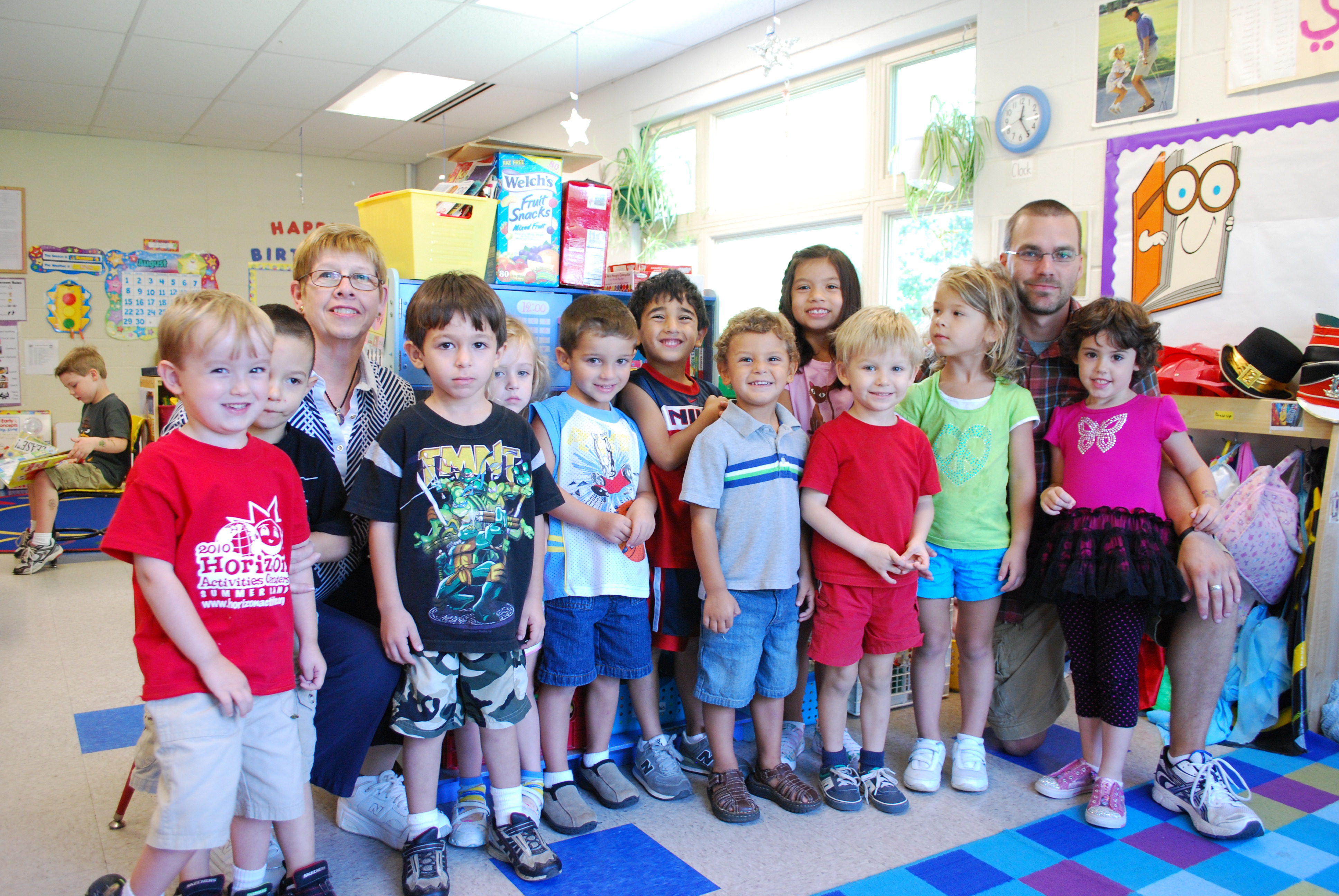Self-esteem and self-confidence begin to develop during your child’s toddler years. As your toddler approaches his second birthday, he will begin to assert himself. When safety and discipline are not issues, toddlers should be encouraged to lead and explore. At this phase of development, parents can help their child develop positive self-esteem by allowing their child to develop at his own pace and cheering his accomplishments.
 From 25 to 30 months, toddlers like to choose their play activities. Relational play is mastered as children learn to use toys as they are intended to be used. For example, using play dishes and food to have a tea party or using a toy fire truck to put out a pretend fire. Comfortable playing next to each other, children begin to interact with nearby playmates but stop short of engaging in cooperative play. Toddlers at this age can be very chatty with playmates, parents and toddler care teachers, constantly telling you what they are doing as they play. Children may also begin to tell their playmates what to do; but “mine” is still a frequently heard word and true collaborative play is still to come.
From 25 to 30 months, toddlers like to choose their play activities. Relational play is mastered as children learn to use toys as they are intended to be used. For example, using play dishes and food to have a tea party or using a toy fire truck to put out a pretend fire. Comfortable playing next to each other, children begin to interact with nearby playmates but stop short of engaging in cooperative play. Toddlers at this age can be very chatty with playmates, parents and toddler care teachers, constantly telling you what they are doing as they play. Children may also begin to tell their playmates what to do; but “mine” is still a frequently heard word and true collaborative play is still to come.
Between 31 and 36 months children begin to think for themselves and are increasingly able to engage in symbolic play: using one object to represent another; for example, using a block as a bed for a doll. Imaginative play goes hand-in-hand with symbolic play as toddlers begin using props to explore the difference between reality and fantasy. Cooperative play begins but parents should expect progress to be slow. Most children understand the concepts of sharing and taking turns by the time they turn 3 but are too egocentric to be successful in practice. The expansion of a child’s world view beyond his own needs to include the needs of other people takes years of development.






